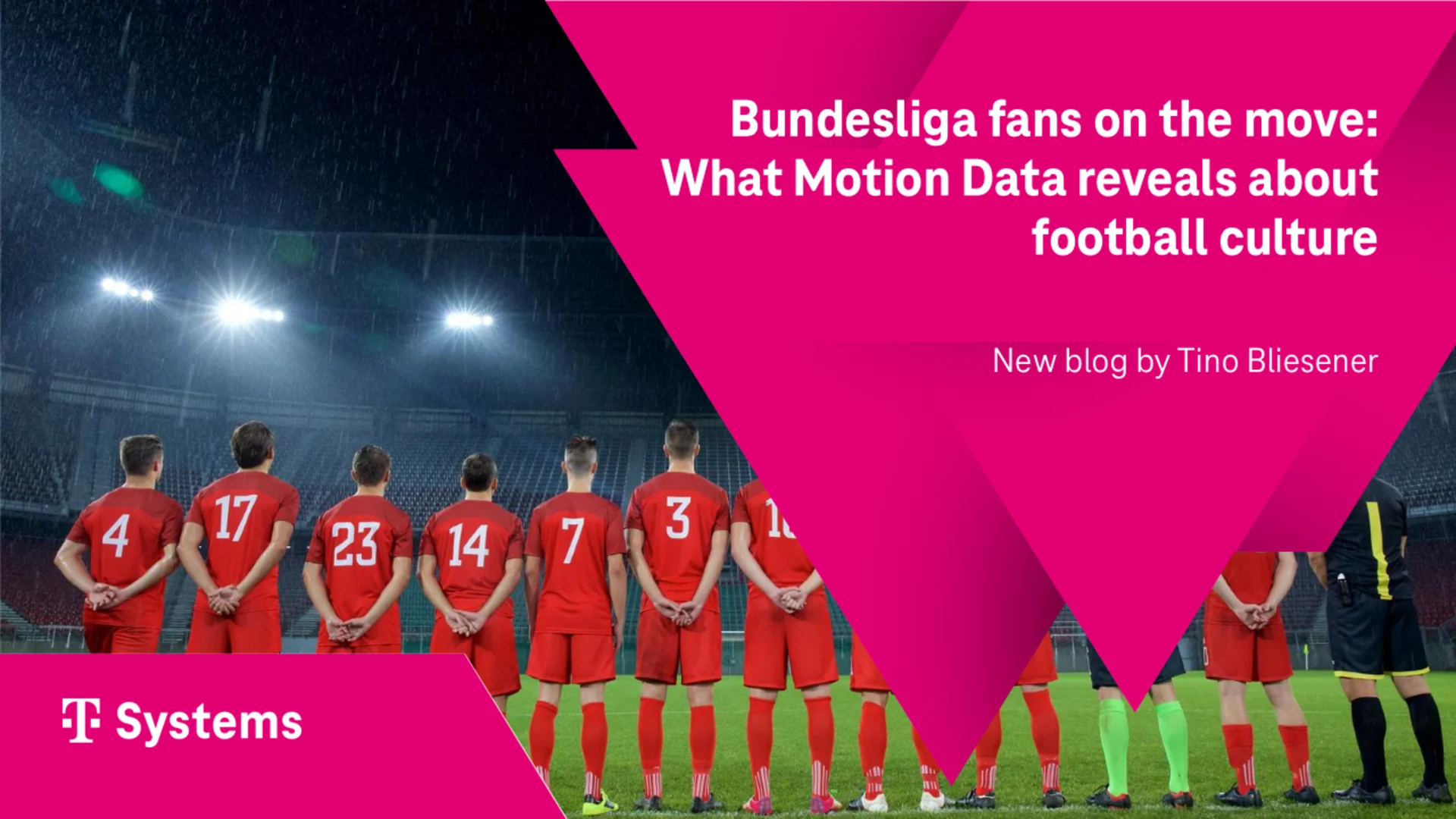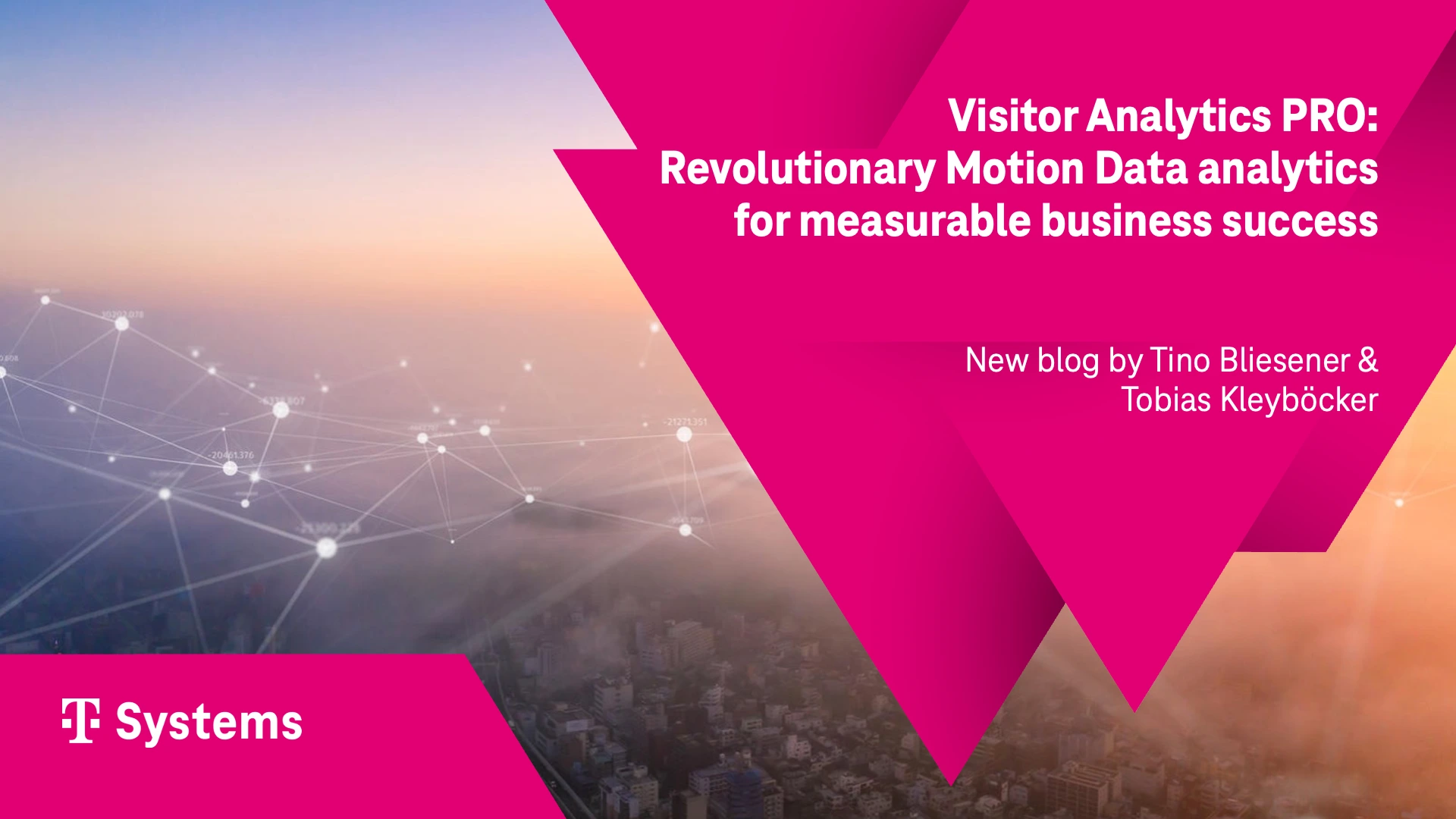Mobility industry plays a crucial role in economic growth by enabling the movement of goods and people between different locations. This, in turn, supports industries such as manufacturing, agriculture, and tourism, which rely on efficient transportation systems to deliver their products and services.
This industry is also important for social and environmental reasons. Access to transportation is crucial for individuals to access employment, education, healthcare, and other essential services. Additionally, transportation is a major source of greenhouse gas emissions and other pollutants, making it a key area for addressing climate change and air pollution.
Finally, due to advances in technology such as electric and autonomous vehicles, which have the potential to transform the way we move people and goods, mobility services become a key aspect for public and private sector to explore and improve. This further presents both opportunities and challenges for the industry, as it adapts to new technologies and changing consumer preferences.
What is a Mobility Data Space?
Mobility Data Space aims to bring together companies and businesses who wants to engage in active data sharing in order to create a sustainable, secure, and innovative mobility solutions. The Federal Ministry of Digital Affairs and Transport (BMDV) funds the Mobility Data Space, which is a component of the Gaia-X European cloud initiative. By the conclusion of 2023, the MDS will incorporate Mobilithek, a platform that chiefly facilitates the sharing of digital information from the public sector.
Telekom Data Intelligence Hub has been working closely with leading mobility ecosystems to develop innovative solutions for data sharing use cases. This would include development of a super app with dataspace technology to create new mobility chains that include multiple modes of transport such as public transport for faster and more sustainable travel.
Read more about this here - https://dih.telekom.com/en/speeding-up-urban-travel-with-a-dataspace-super-apps-require-data-sharing
What is Motion Data?
Motion Data provides geo-information-based analytics obtained from anonymized signaling data from the mobile network of Deutsche Telekom. Based on these insights, there can be multiple use cases developed around user activity movement and can assist businesses to take informed strategic decisions.
In Germany, there are more than 60 million smartphone users, generating a wealth of data that can be refined and analyzed for valuable insights. T-Systems' Motion Data solution prioritizes user privacy and GDPR compliance by applying anonymization principles to the data. Personal information such as name, mobile number, and home addresses are never stored or processed, and are removed before analysis. The resulting data is then translated into robust use cases that provide valuable insights to enterprises for customer acquisition activities, planning, and promotion.
Why Motion Data for Mobility solutions?
Motion Data can be a key enabler for Mobility solutions as it can be used to generate mass-movement statistics which can be then shared with different mobility authorities and providers to create a more sustainable, safer, fair, and optimal mobility services. Motion Data along with Telekom Data Intelligence Hub will create an ecosystem for mobility industry to participate in and gain easy access to various data products and data assets that would add value to their business objectives and goals. This can be taken a step ahead and we can involve Mobility Data Space and Mobilithek, to interact with Telekom DIH Dataspace via Interconnect solutions and complete a data sharing chain among multiple providers at the same time, which in turn can lead to development of super apps and digital twins for users for their smart journey. This type of data interoperability will be inevitable for ecosystems to sustain and create higher value from their data by sharing and monetizing it.
Figure 1: Motion Data integrated with Dataspace ecosystems
Figure 1 provides a high-level overview of the information flow from Motion Data through dataspaces to the end user. The integration indicates that T-Systems will offer consumers access to data through sovereign dataspaces, as well as the data itself via Motion Data. This integration leads to significant cost reductions in data sourcing and contributes to the creation of innovative solutions for end users.
The data processed across all the steps in the above image can be used to develop robust and proven use cases, which can then be transformed into scalable products and flexible projects. These solutions have the potential to impact economic growth and technological advancement, creating new opportunities for innovation.
Motion Data offers a comprehensive range of Key Performance Indicators (KPIs) that are essential for mobility providers, including metrics such as daily and hourly visitor counts, demographic information, and the number of national or international roamers. These KPIs can be viewed in isolation or in conjunction with other KPIs, generating multiple interpretations that assist businesses in their strategic mobility planning.
In addition to visitor information, Motion Data provides analytics across various domains such as retail, tourism and digital out of home analytics. Furthermore, future plans include standard products designed to cater to the specific needs and specifications of enterprises, reducing the reliance on customized solutions and contractual negotiations.
An essential element in this data sharing flow is Telekom/T-Systems Living Lab, which is a basic, minimum operable dataspace hosted and managed by Telekom Data Intelligence Hub which is designed to allow consumers to easily participate and access various business applications and share data with their partners and various other businesses. Living lab will allow admission of verified entities so that your data always stays protected and with digital sovereignty, one can exercise complete control of their information as well.
Read more about urban travel with dataspaces here
Find out more about Motion Data and its applications here






















